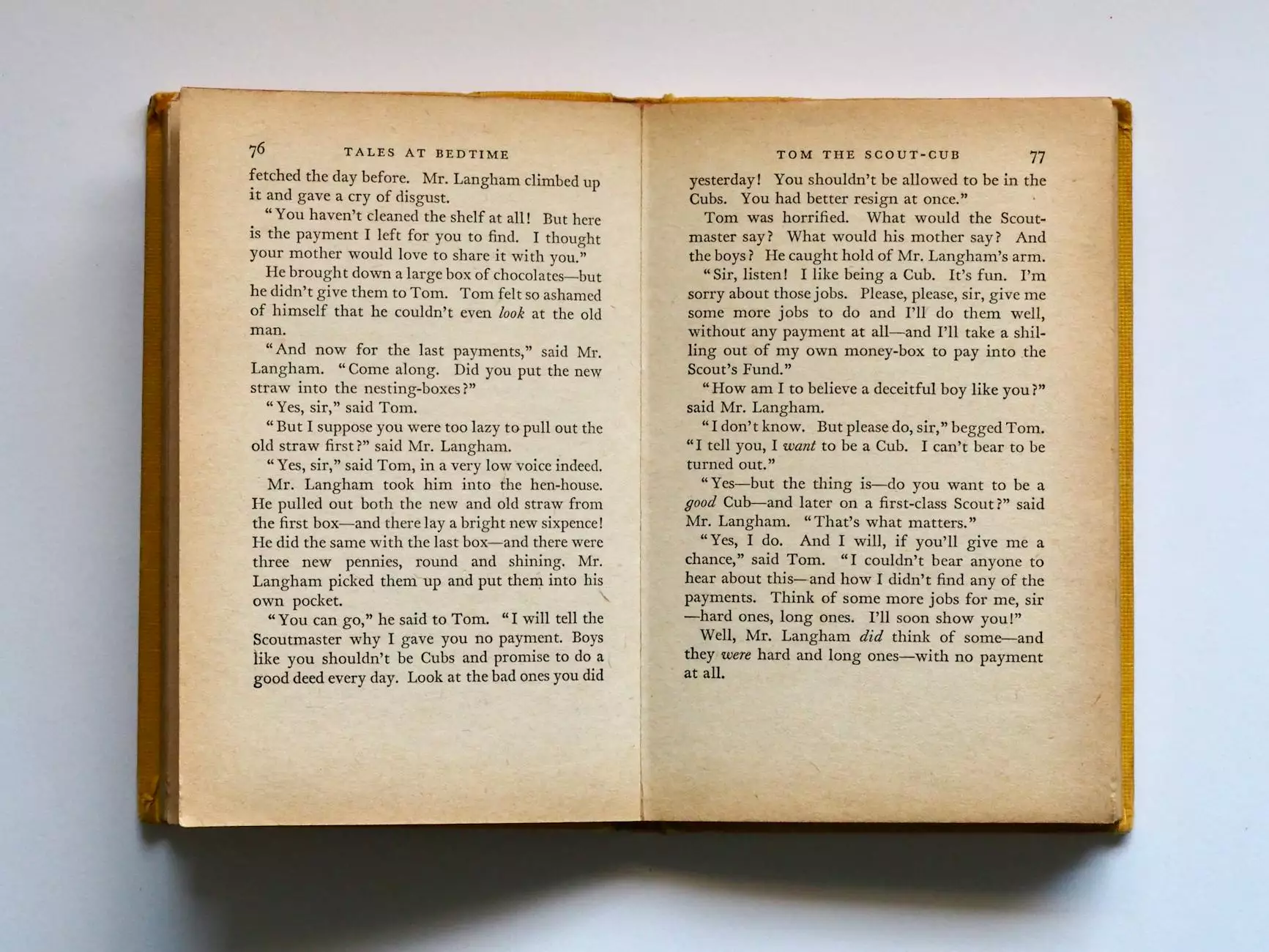Michigan's Holographic Will Requirements

Understanding Holographic Wills
A holographic will is a type of will that is handwritten and signed by the testator, meaning the person creating the will. It is a unique form of will that may be used when a person does not have access to a lawyer or a typewritten will. In Michigan, holographic wills are recognized as valid legal documents if they meet specific requirements.
Legal Validity of Holographic Wills in Michigan
In Michigan, holographic wills are governed by specific legal guidelines. To be considered valid, a holographic will must meet the following requirements:
1. Handwritten by the Testator
A holographic will must be entirely handwritten by the person creating the will, known as the testator. This means that typing or using a computer to generate the will is not acceptable. It is crucial to ensure that the entire document is in the testator's own handwriting to meet the legal criteria.
2. Testamentary Intent
The holographic will must clearly express the testator's intent to dispose of their property upon their death. It should outline how they want their assets and possessions to be distributed among their chosen beneficiaries. Clarity and specificity in expressing these intentions are essential for avoiding confusion or potential legal disputes.
3. Signature and Date
The holographic will must be signed by the testator. The signature serves as an indication of the document's authenticity and the testator's approval of its contents. Additionally, it is crucial to date the will to establish the timeline and prevent any uncertainty surrounding its execution.
4. No Witness Requirement
Unlike traditional wills, holographic wills in Michigan do not require witnesses. However, it is advisable to have witnesses to ensure its validity and potentially simplify the probate process. Witness signatures can help verify the authenticity of the document and testify to the testator's soundness of mind at the time of writing.
Why Choose a Holographic Will?
Holographic wills can be a practical choice for individuals who have urgent or immediate concerns regarding their estate planning. Some common reasons for choosing a holographic will may include:
- Emergency situations where professional assistance is not readily available.
- Preference for a handwritten, personal touch in the will.
- Privacy concerns or a desire for discretion.
- Immediate need for a legal document outlining asset distribution.
Working with Rappleye 4 Prosecutor
If you are considering creating a holographic will in Michigan, it is essential to consult a knowledgeable attorney who specializes in estate planning. Rappleye 4 Prosecutor is a trusted law firm specializing in the intricacies of wills and estate law.
Our team of experienced attorneys understands Michigan's holographic will requirements and can guide you through the process, ensuring that your will meets all legal criteria. With our expertise, you can have peace of mind, knowing that your wishes will be properly documented and legally enforceable.
Contact Rappleye 4 Prosecutor today to schedule a consultation and take the first step towards securing your future and protecting your assets.









